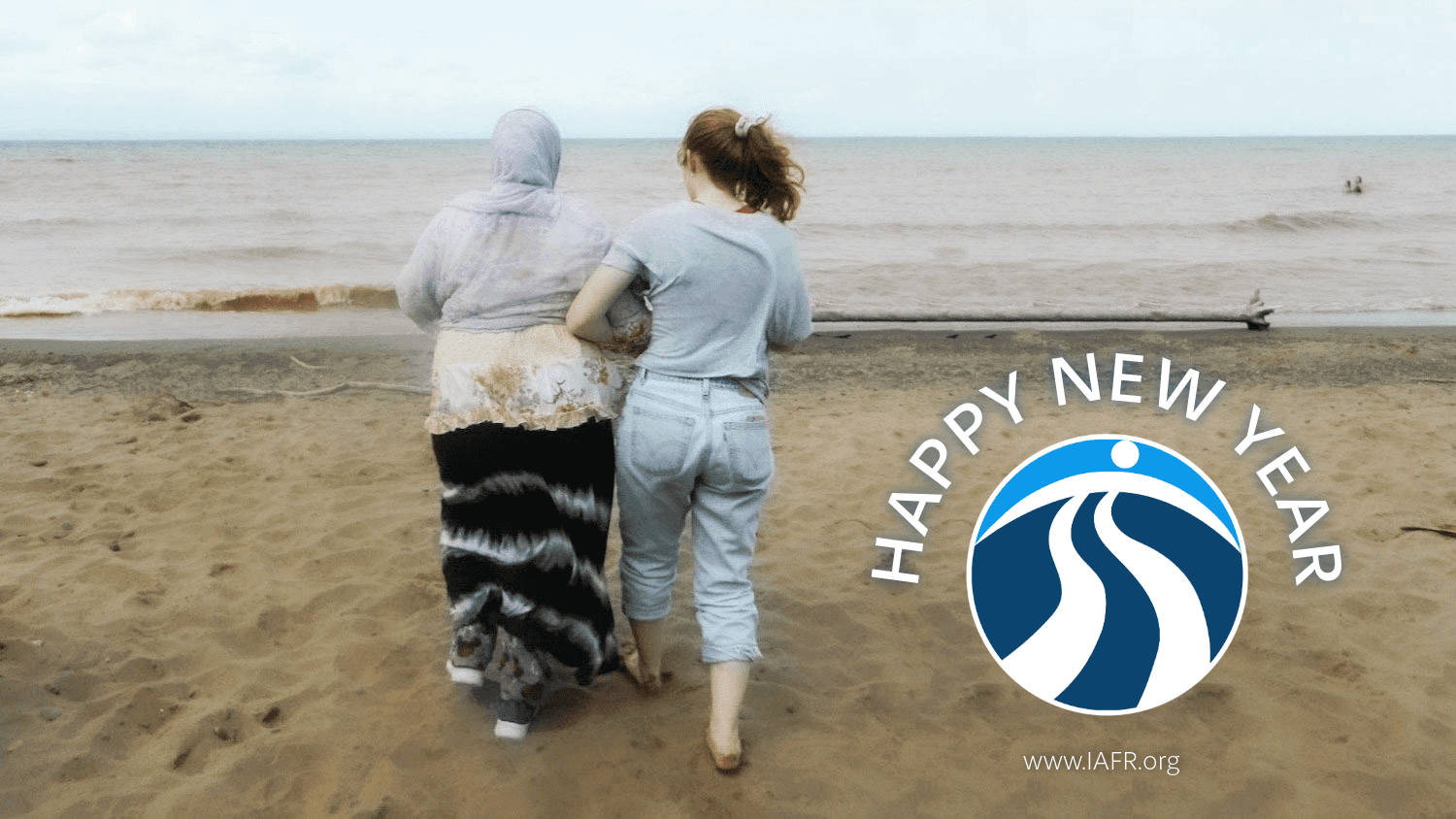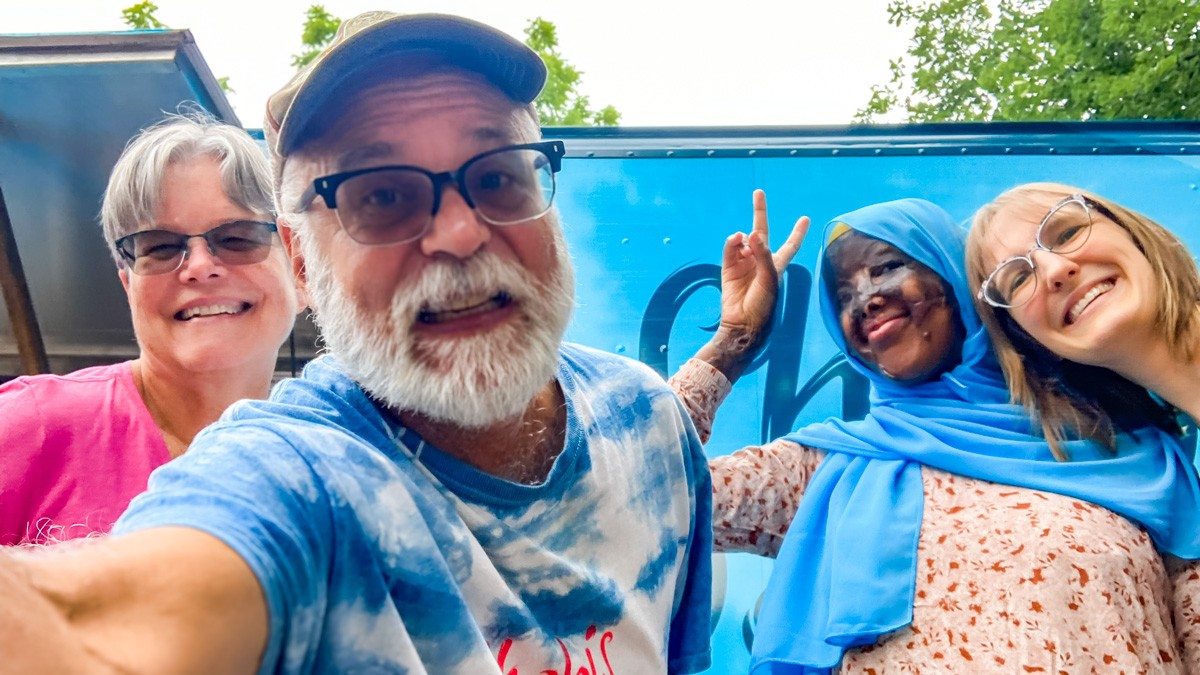The Language of Love & Welcome
Apr 28, 2025
- Andrew Sandeen with Rachael Lofgren
At a recent IAFR training in Loveland, Colorado, we all spoke one language—English. Whether we speak a shared language or seek to learn a new language to understand each other better, the power and benefit of communication through language lies in understanding each other so we can relate well. Language is one of the most powerful forms of communication, and understanding the language of immigration was a large part of our shared conversation at this training.
The “Foundations of Refugee Ministry” training day provided a good place to ensure that those participating in the training understood the language of immigration.
We talked about questions such as:
What is a refugee?
How does that definition compare to that of an asylum seeker, an asylee, an internally displaced person, or an international migrant?
How and why do people acquire those various titles?
Immigration is full of complex terminology that is often misunderstood, leading to confusion.
The Biblical language surrounding immigration forms an important factor in our understanding of the topic.
From cover to cover in Scripture, there is talk about strangers, foreigners, and sojourners. There are directions to care about their well-being. There are examples of hospitality and neighborly love. We can look to Bible characters such as Hagar, Aquila and Priscilla and many more and realize their difficult journeys were places where they experienced God’s specific plan and care for them.
For those of us who walk with our immigrant neighbors as a form of ministry, love is the most essential language we can speak. In our small town of Fort Morgan, Colorado, where nearly thirty different languages are spoken, that language of love is communicated best through a welcoming posture.
How do we effectively engage people in a community with this much diversity?
One of the primary ways we communicate this welcome is through language programs, where we help people learn English and do some language learning ourselves along the way.
We also run a drop-in office where people know they are welcome to come for help anytime they need it. In creating a space to walk with them, we seek to say, “You are not alone; we are here with you, and we want to come alongside you in this journey of making this place your new home.”
There are opportunities all around us to be involved in speaking the languages of love and welcome. When working with the displaced, many of these opportunities will include language learning while being blessed with the development of rich friendships and relationships. These friendships are the core reward and purpose of the language of hospitality expressed through neighborly love.
God, who designed all of us for place and belonging, welcomes us into a relationship of love with Himself and invites us to do the same for others. In a world of conflict and displacement, the language of welcoming love reflected in our lived stories as we follow Jesus is more powerful than any words.
Other Featured Posts

Reciprocity: experiencing God's blessings together
Feb 19, 2026

An empty seat
Feb 4, 2026

Statement Concerning ICE in Minnesota
Jan 23, 2026

Harvest Season at Hope Community
Jan 15, 2026

Happy New Year!
Dec 31, 2025

Merry Christmas from IAFR
Dec 23, 2025

Love Made Me Forget My Scars
Dec 17, 2025

Hope Has a Name
Dec 10, 2025


